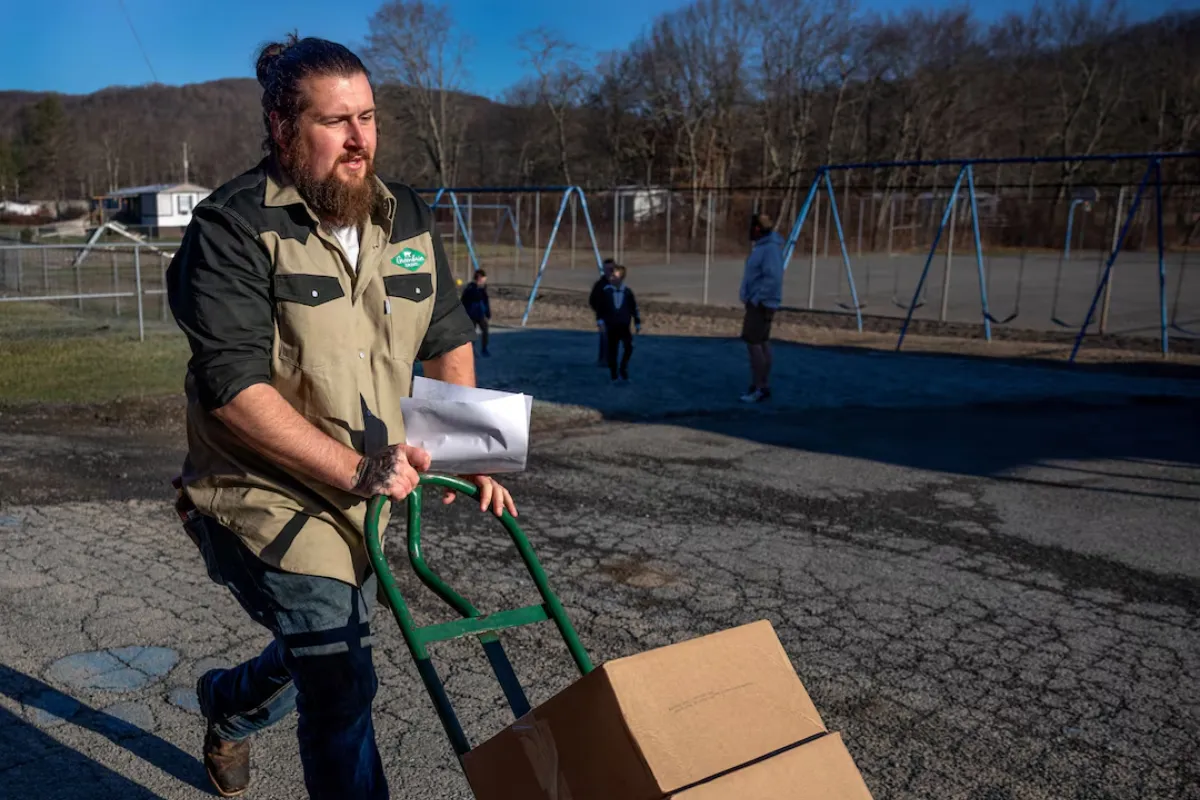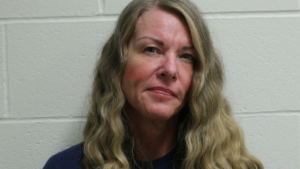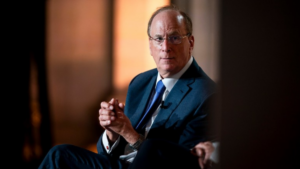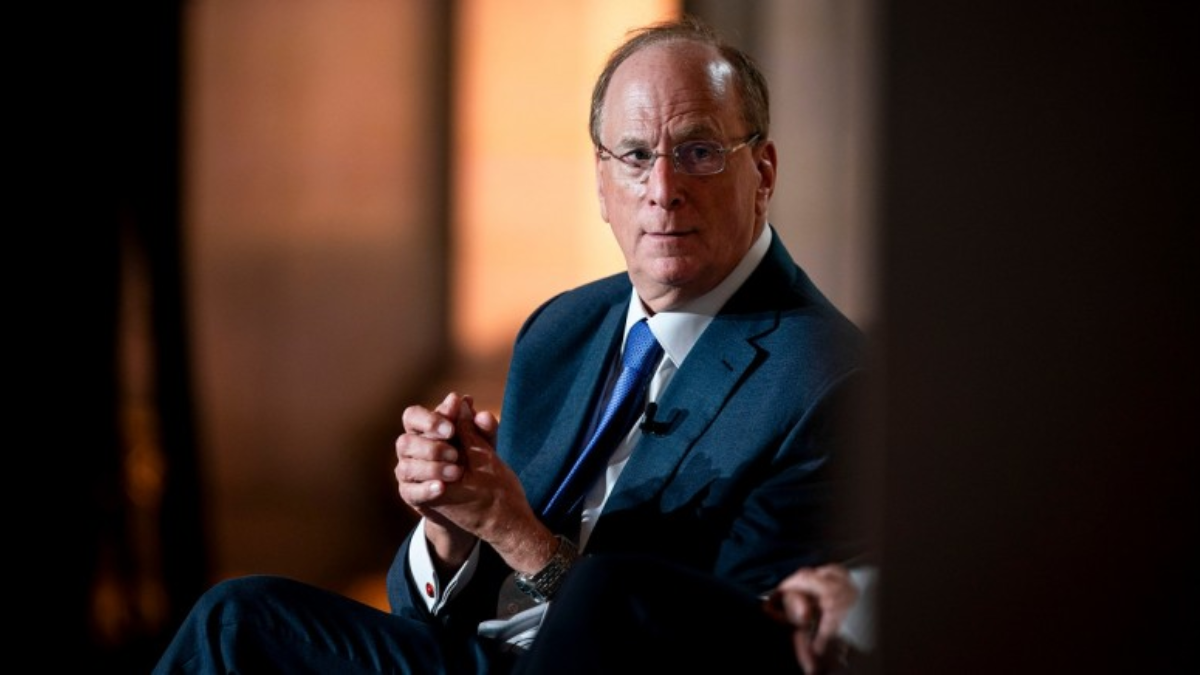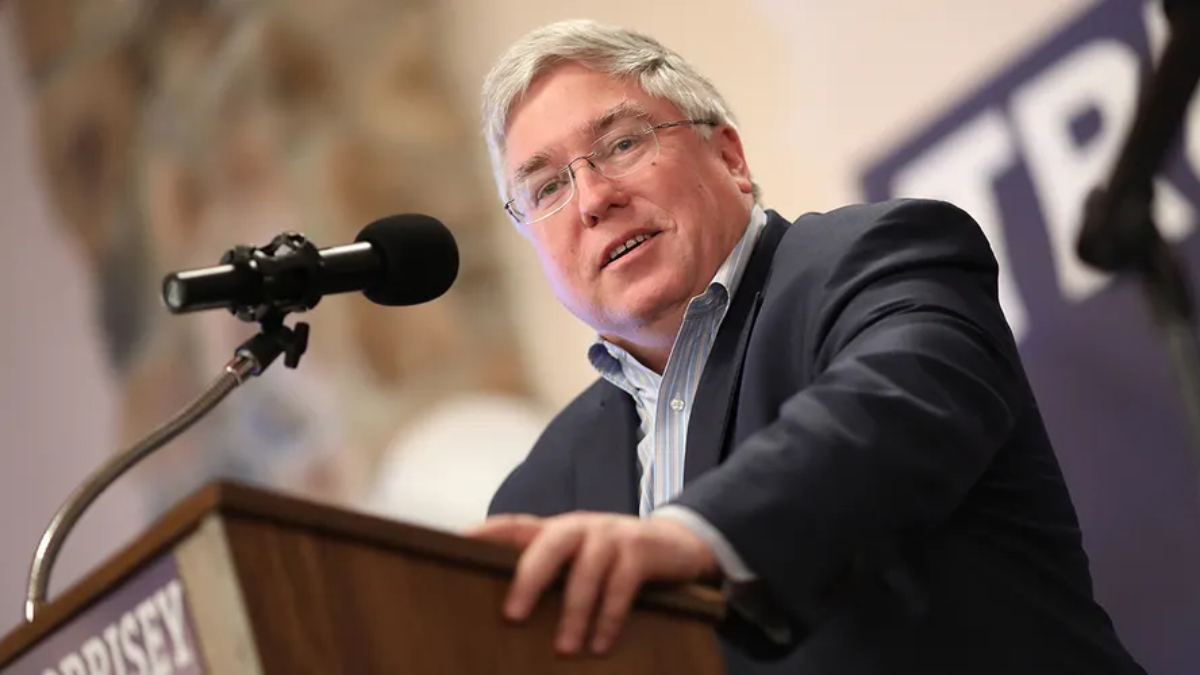Trey Yates’ butter churn whirred in the background as his phone rang. The call was polite, but the message was devastating: Mountaineer Food Bank was canceling his butter contract due to federal funding cuts.
The next day, then-President Donald Trump signed a proclamation celebrating National Agriculture Day, praising farmers and food makers like Yates. But the loss of his contract with the federally funded food bank—a crucial source of income—left Yates wondering how much longer his small dairy business could survive.
A Devastating Blow to Local Agriculture
At just 27 years old, Yates had built Greenbrier Dairy into a key supplier of butter and cheese to local schools and food banks. But his business, like many others in rural West Virginia, relied on federal funding to stay afloat. The cancellation of the Local Food Purchase Assistance Cooperative Agreement Program, which provided $500 million to food banks nationwide, was a heavy blow.
Yates immediately called his father in disbelief.
“Dad, they’re trying to bankrupt me,” he said, shocked that the Trump administration would take such action. A registered independent, Yates hadn’t voted for Trump, but he never expected such cuts would directly impact his livelihood.
Federal Cuts Ripple Through Rural West Virginia
Yates is not alone. Across West Virginia, other small farmers are facing similar struggles.
- Orchard owner Natasha Zoe, a retired Marine, is waiting on federal grants to reimburse her for a small cannery she built to help local fruit farmers produce syrups and juices.
- Farmer Johnny Spangler invested in expanding his blueberry and popcorn operations, only to find that school and food bank funding for his products had dried up.
West Virginia’s reliance on federal funding is substantial—more than half of its $19.2 billion budget depends on federal dollars. But with at least $1.5 billion in USDA funds slashed nationwide, local businesses and programs are left scrambling for support.
The History of Federal Support for Agriculture
For over two centuries, the U.S. government has provided financial assistance to farmers and rural economies. These “pass-through” grants surged during President Lyndon B. Johnson’s era to combat poverty, funding food, education, and housing programs.
Today, pass-through funding makes up about 16% of federal spending, with agriculture being one of the key beneficiaries. However, Trump’s administration has taken steps to cut these programs, claiming they were temporary COVID-era relief measures.
While the administration has promised to review the cuts, it remains unclear if or when funding will be restored.
Generations of Hard Work on the Brink
Yates’ dairy business is built on four generations of farming. His butter and cheese help feed schoolchildren and struggling families in a region where stable jobs are rare.
His great-grandfather and grandfather worked in dairies, and his father bottled vinegar and apple butter at a local plant. Yates grew up watching jars roll off the production line, dreaming of one day running his own dairy business.
Tapping into food banks and school meal programs seemed like a natural path—until the funding disappeared.
“Feeding kids was always important to me,” Yates said. “My mom packed extra lunches for friends who didn’t have food at home. Now, we’re taking that away from kids who need it most.”
Bills Piling Up, Hopes Fading
Before the funding cuts, Yates’ business was already stretched thin. In 2016, his parents put their home up as collateral to help him purchase equipment. Now, with mounting unpaid invoices and shrinking school orders, his financial situation is dire.
Dairy farmer Mike Fogus, 68, has supported Yates from the beginning, selling him milk and allowing his cows to graze on his land. But now, even he is feeling the strain.
“You gonna get me that check?” Fogus asked Yates recently, eyeing the dairy cows that might soon become collateral for unpaid debts.
Yates insists he’ll find a way to pay everyone back, even if it means selling everything he owns. But without new sources of revenue, survival seems uncertain.
A Community Fighting Back
Yates isn’t staying silent. On March 15, he attended a town hall in Beckley, hoping to voice his concerns. But despite invitations, West Virginia’s congressional representatives—including Senators Shelley Moore Capito and Jim Justice—were nowhere to be found.
“They ain’t coming, are they?” someone in the crowd asked.
A volunteer shook his head.
Yates stood up to speak, his frustration boiling over.
“They are taking fresh, local foods out of our kids’ mouths and those facing hunger,” he said. “I’ve never been political—until now. If they need a new face of agriculture in this state, they just found one.”
